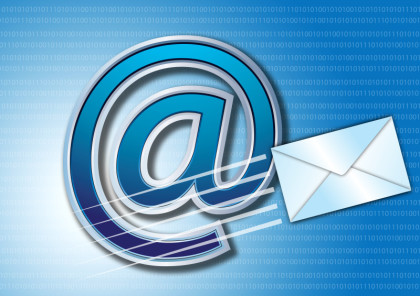Email has become a routine part of our culture. The staff at JLI want to provide flexible ways for you to contact us and schedule appointments. However, there are potential threats to email
contacts. Here are some questions and answers that give you more information.
Q: Are emails confidential?
A: Do not send emails or secure emails that contain Personally Identifiable Health Information (PHI), symptoms, or complaints as there is no guarantee
emails are secure or private. Never put anything in an email that you would not want displayed on a highway billboard. Provide such information in person, via the confidential and
password-protected voicemail at 972-906-5607, or the secure email on the online calendar menu which is password-protected and encrypted.
Q: Do you ever use email?
A: Joyful Life Institute's (JLI) policy allows for sparing disclosures in email communications. For example, sending of forms, appointment scheduling,
rescheduling, canceling, confirmations, and reminders by email. Therefore, we have provided a secure email on the client portal. Secure email via the client portal is the preferred method of
communicating.
Q: What are the possible concerns with email
confidentiality?
A: Emails may be misdirected to an unintended recipient or intentionally intercepted by a third party. Emails sent from an employer-provided email
account are typically subject to review by the employer. This does not afford you confidentiality.
Q: Can my emails be subpoenaed?
A: Emails create a permanent written record of our communication. Emails are subject to discovery, subpoena, and search warrants. Courts may decide
emails are not privileged communications.
Q: How frequently do you check your email?
A: There may be a lag time between your sending and this provider receiving your email. Expect that your secure email will be responded to with in 24
hours except after hours on Friday and Saturday in which case your secure email will be responded to on the next business day. Do not send secure emails if you are experiencing a life threatening
situation or crisis.
Q: How can I contact you in the event of a clinical crisis?
A: Email should never be sent to notify your provider of a crisis. If this is a life-threatening situation, call 911. If you are a current client and
this is a clinical crisis, call 972-906-5607 and follow the directions.
By sending emails you understand and acknowledge the potential for loss of confidentiality when you use this mode of communication. Given this,
you authorize JLI to send you email replies. Also you accept all risk, liability, and damages that may result from an email breach.
ver. 2. Updated 12/31/2017








